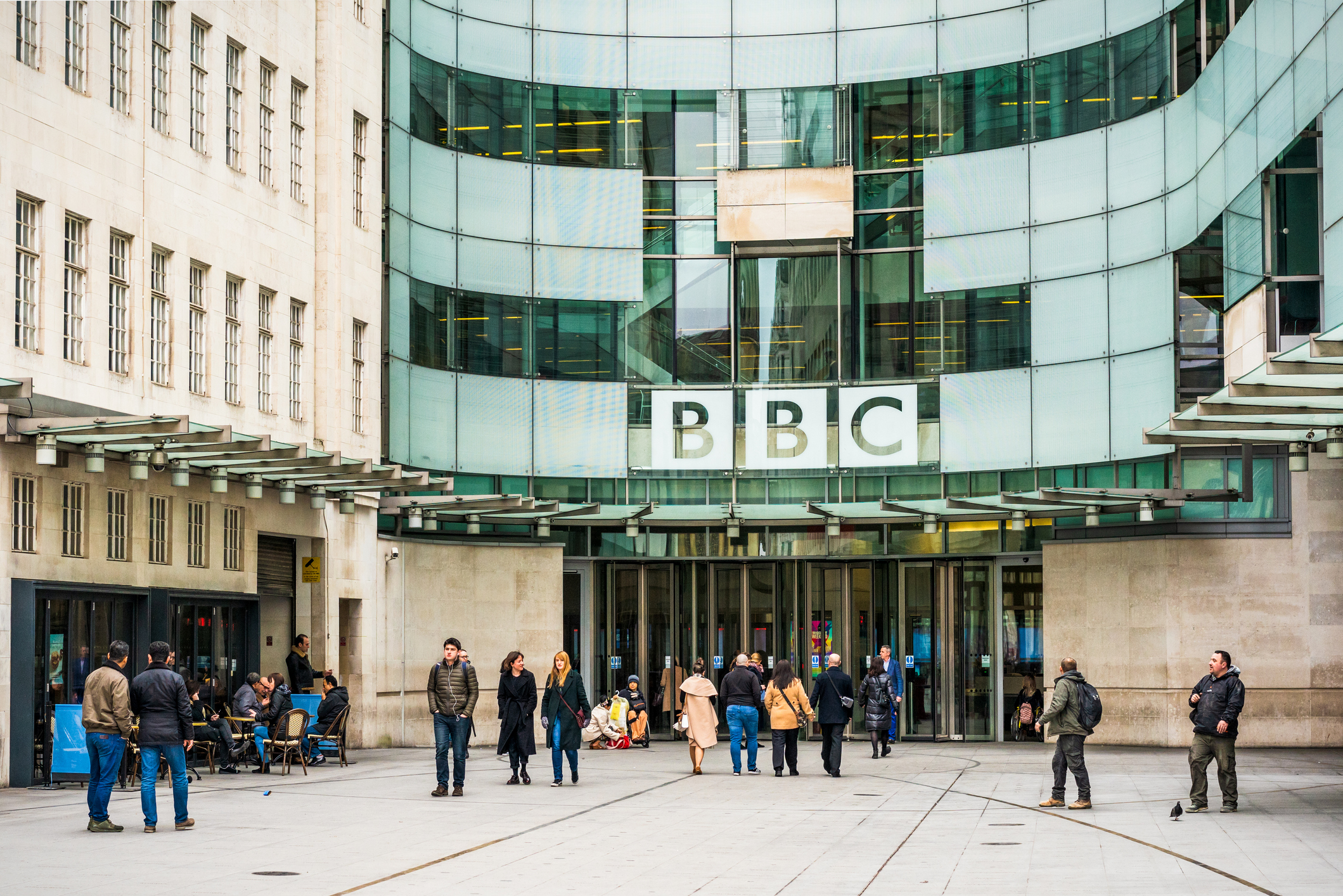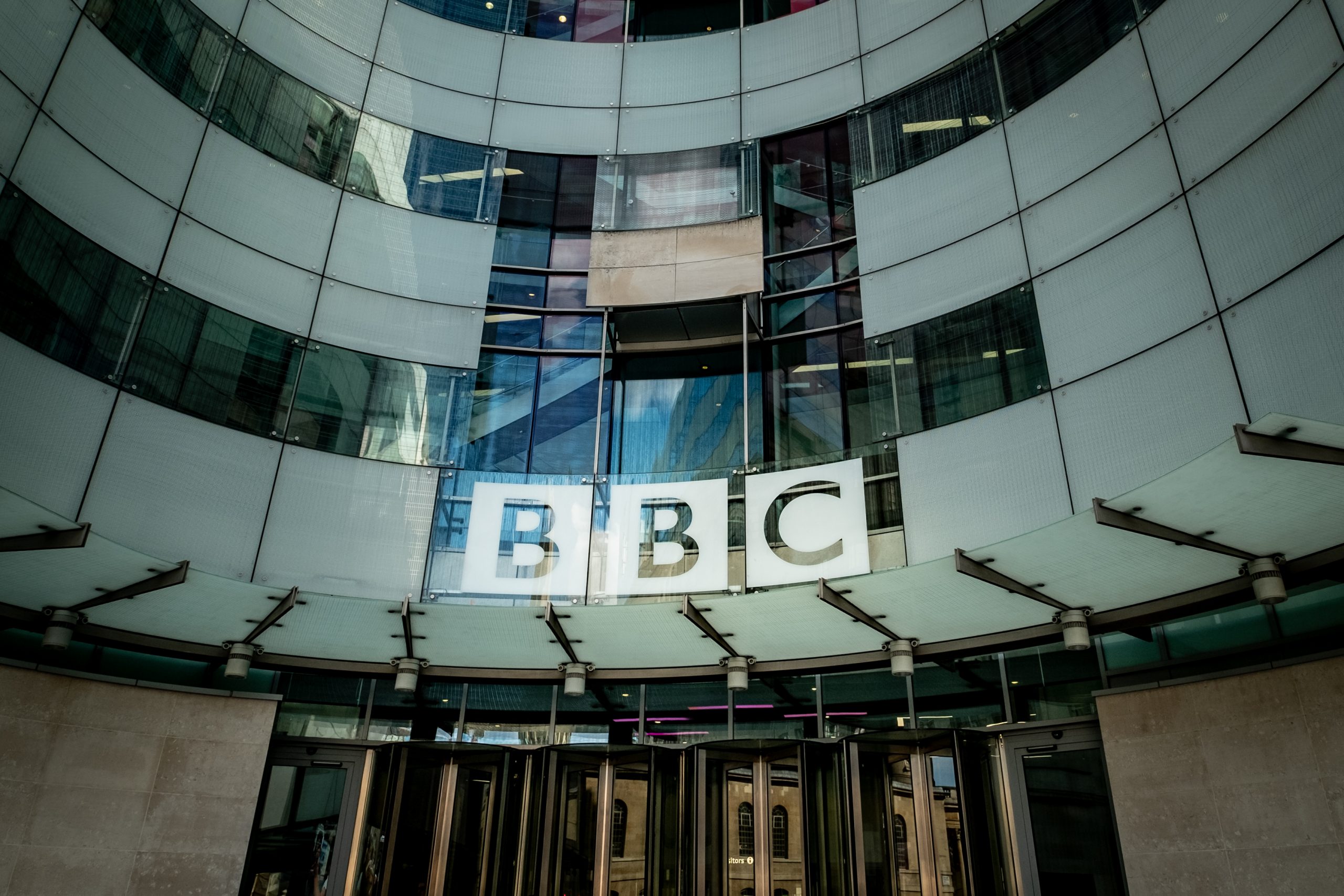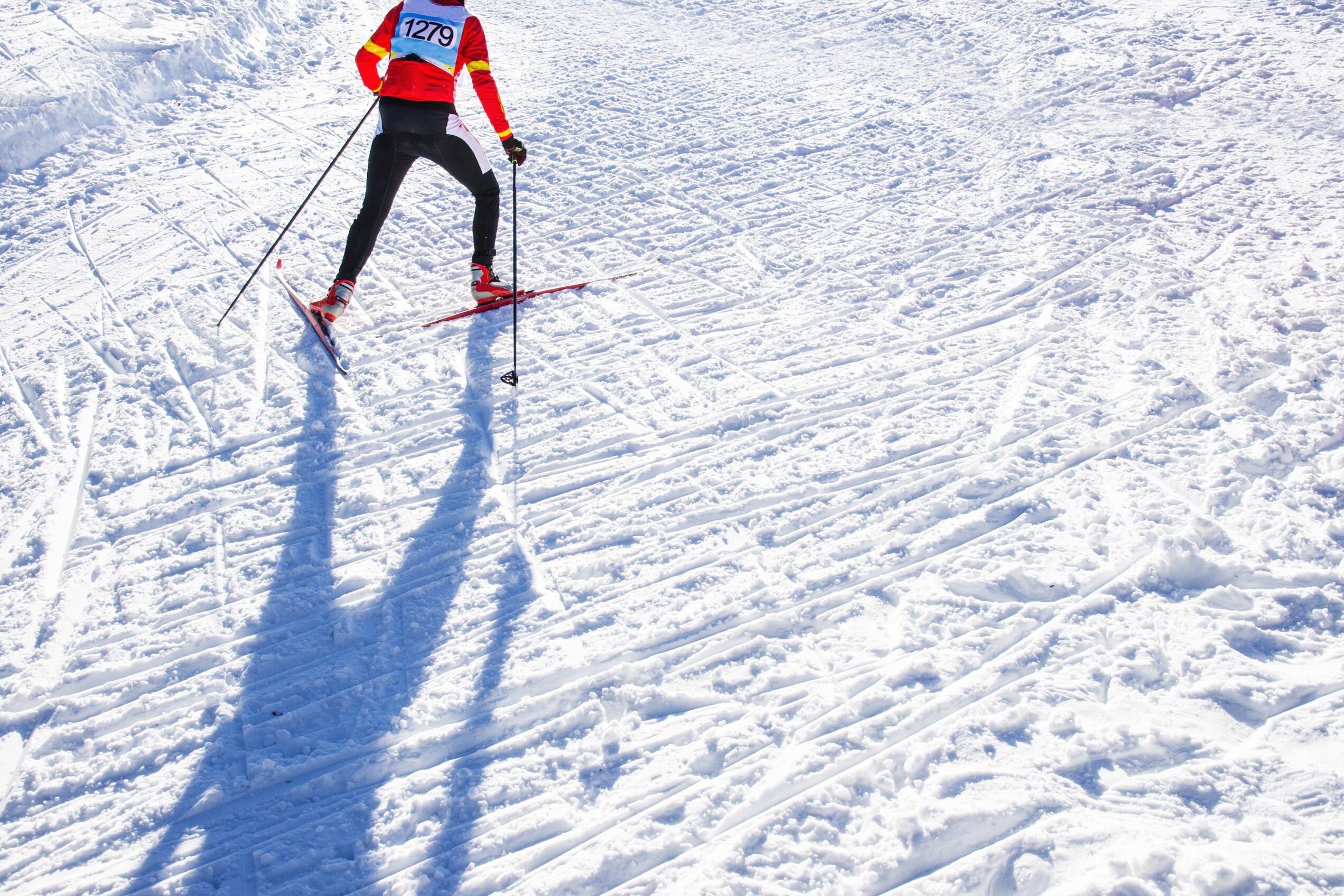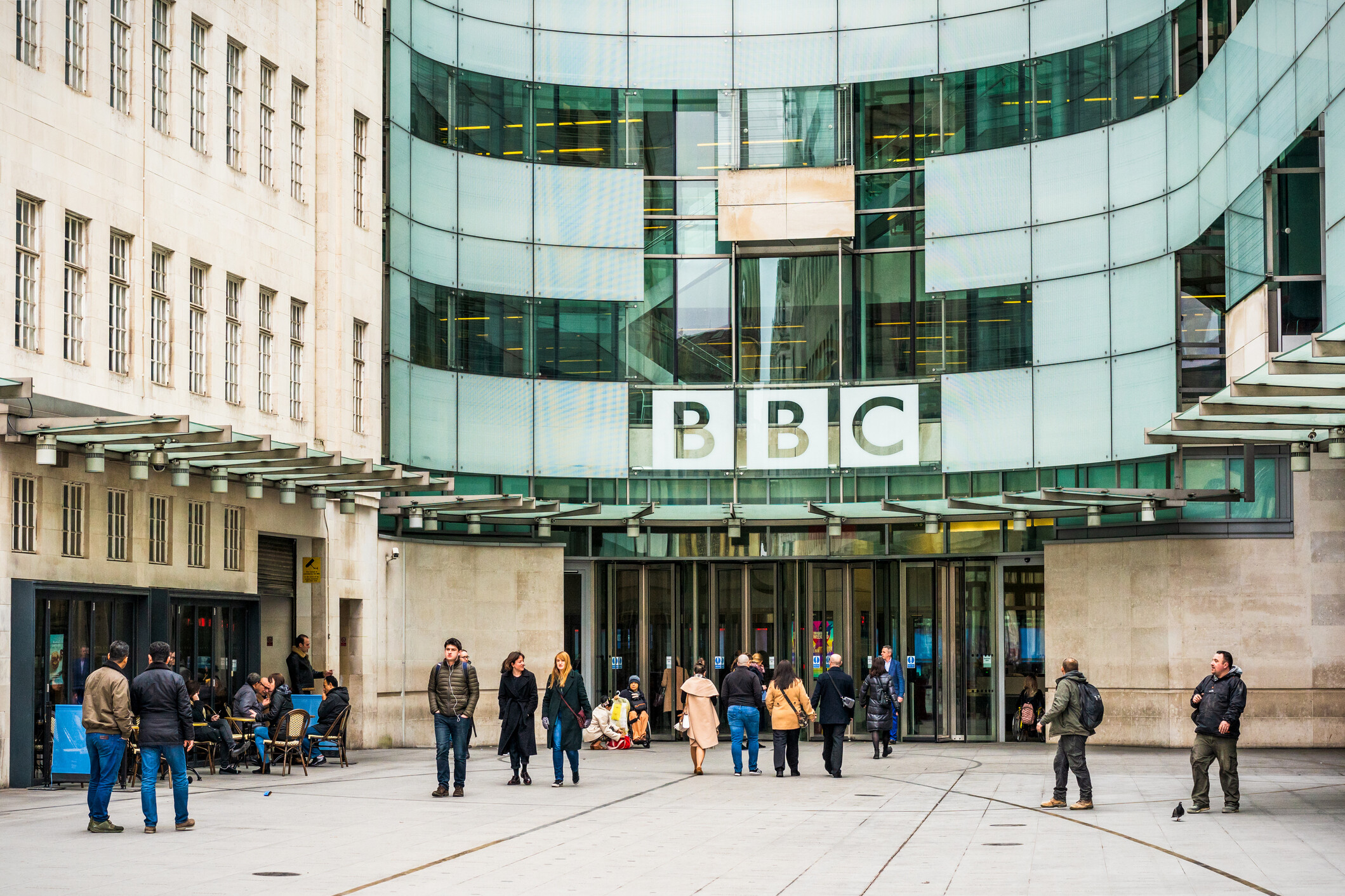BBC STATEMENT
BBC files UN complaint about online violence towards women journalists
23 March 2022
It is the second appeal in as many months the BBC World Service has made to the UN regarding fears about the safety of journalists in Iran.

The BBC World Service has today, 23 March 2022, filed a new urgent appeal to the United Nations (UN) against Iran over the online violence faced by women journalists working for BBC News Persian.
Women journalists at BBC News Persian face daily, relentless online attacks and harassment, including threats of rape and death.
Today’s complaint addresses the current risks to women journalists working for BBC News Persian.
Examples of the online violence and harassment they face include:
- Threats of rape and death directed at women journalists and their families in the UK and in Iran
- Gendered attacks on their credibility as journalists in both state media and online in Iran, including false and defamatory stories about their personal lives, their relationships with contributors and what they wear, aimed at discrediting the women of BBC News Persian staff among their friends and family – and the broader public – by accusing them of sexual indecencies
- Hacking and phishing of personal information, emails and photos, which later appear online with false stories about their personal lives, which are used in the interrogation of their family members in Iran
A report by UNESCO in the last year shows online violence towards women is having a chilling effect on women’s reporting and adverse effects on their mental health. UN Experts highlight the extent of online violence towards women journalists, which is pushing women offline and undermining their ability to do their work as journalists, describing it as “gendered censorship”.
“Misogynist, sexist online abuse and all threats of physical or sexual violence towards journalists are intended to force women offline and to silence women journalists. It is unacceptable and it must stop” – International counsel for the BBC World Service
Interviews with BBC News Persian staff show that many women journalists:
- Opt out of using social media as a journalistic tool in fear of harassment
- Self-censor online, including removing themselves from social media, public spaces and other profile opportunities
- Suffer significant and serious mental and physical health issues, including anxiety, anxiety attacks, psychological trauma and depression, requiring therapy and medical intervention
The appeal from the BBC World Service calls on Iran to take action in respect of those responsible for the online violence towards women journalists, by investigating and prosecuting them.
Landor, Senior Controller of BBC International News and Director of World Service says: “We absolutely deplore the violent, misogynistic and gendered harassment our women journalists have to face every day.
“Trusted and impartial journalism is fundamental to any democracy and it is only by working together that we can ensure the safety of journalists everywhere and ensure women’s voices are included. We have to be able to work unhindered, free from threats and free from abuse.”
International counsel for the BBC World Service, Caoilfhionn Gallagher QC and Jennifer Robinson say: “Women journalists at BBC News Persian face abhorrent online violence every day simply because they are doing their job. This is a paradigm case of what UN experts call “gendered censorship”. Misogynist, sexist online abuse and all threats of physical or sexual violence towards journalists are intended to force women offline and to silence women journalists. It is unacceptable and it must stop.
“Iran has international obligations of due diligence to take action against those responsible. We call on the UN to condemn the attacks and to ensure Iran meets its international obligations.”
Paul Siegert, the NUJ’s national broadcasting organiser, says: “We fully support this campaign in calling for more to be done to stop the appalling online abuse that many women working for BBC News Persian have experienced.
“Iran must do more to stop and prosecute the people responsible. It’s truly chilling when you hear about some of the threats that women journalists are exposed to on a regularly basis and the NUJ joins with the BBC and calls on the UN to condemn this unacceptable behaviour.”
Related Posts
10th February 2022
BBC files urgent complaint to UN against Iran’s ongoing harassment of BBC News Persian journalists and their families
The urgent complaint comes as Liliane…
24th January 2022
Journalist safety: Advice issued ahead of major global sporting events
While quarantine and “social bubbles”…



